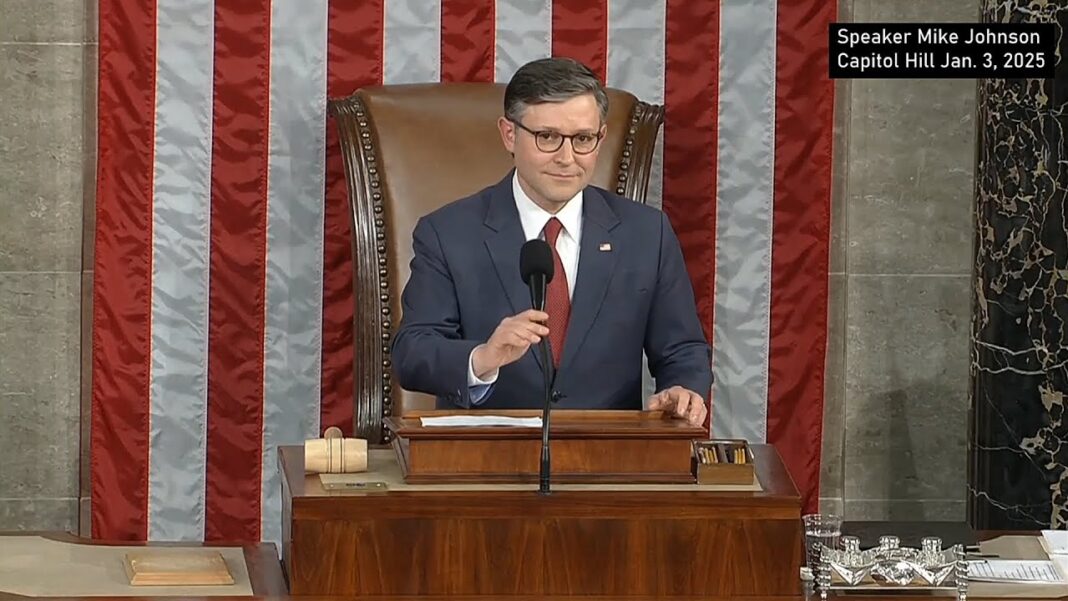New York Supreme Court Justice Juan Merchan rejected President-elect Donald Trump’s bid to dismiss the case.
New York Supreme Court Justice Juan Merchan has rejected an attempt by President-Elect Donald Trump to dismiss his business records case and ordered sentencing for Jan. 10.
“This Court finds that neither the vacatur of the jury’s verdicts nor dismissal of the indictment are required by the Presidential immunity doctrine, the Presidential Transition Act or the Supremacy Clause,” Merchan said on Jan. 3.
Merchan said in his order that he wasn’t inclined to impose a prison term on the president-elect.
“In conjunction with the concerns of the Presidential immunity doctrine, a sentence of an unconditional discharge appears to be the most viable solution to ensure finality and allow Defendant to pursue his appellate options,” he said.
“While this Court as a matter of law must not make any determination on sentencing prior to giving the parties and Defendant an opportunity to be heard, it seems proper at this juncture to make known the Court’s inclination to not impose any sentence of incarceration, a sentence authorized by the conviction but one the People concede they no longer view as a practicable recommendation.”
In May, a jury found Trump guilty on 34 felony counts, raising the prospect that he could face prison. Experts previously told The Epoch Times that the supremacy clause of the U.S. Constitution would preclude Trump from serving time.
Merchan’s order came just weeks before the president’s scheduled inauguration on Jan. 20 and touched on questions surrounding the protections afforded to president-elects. He said that Trump had presented a novel theory of presidential immunity for president-elects and that current precedent didn’t require the case’s dismissal.
He said the president-elect can “exercise his right to appear virtually for this proceeding, if he so chooses,” considering “the mental and physical demands during this transition period.”
Merchan in December rejected Trump’s various immunity-related objections to the evidence used during trial.
He said that Trump waited too long or failed to preserve objections to evidence and that information related to both preserved and unpreserved arguments did not receive protection under the doctrine of presidential immunity.
By Sam Dorman








